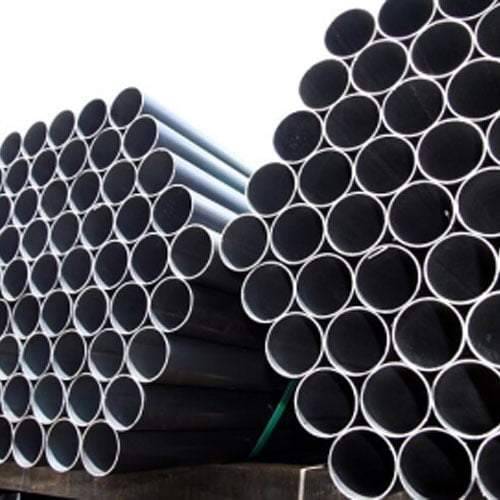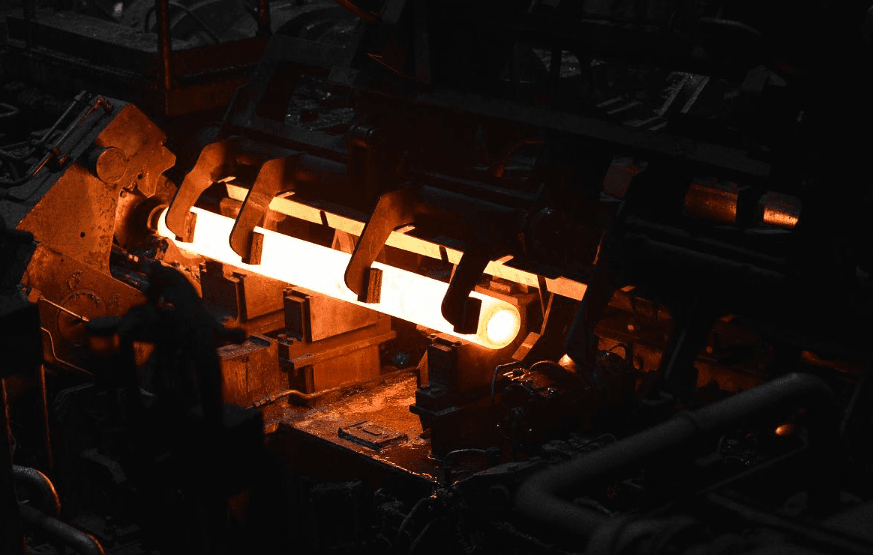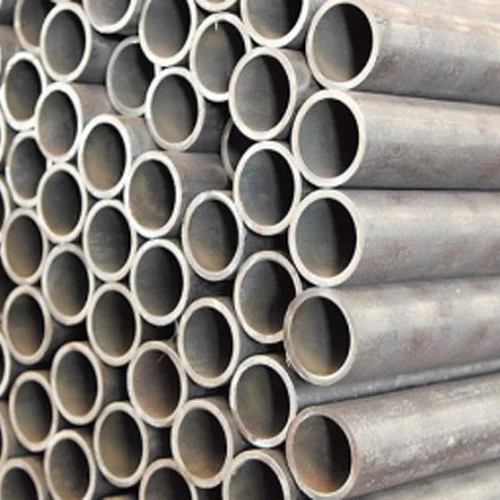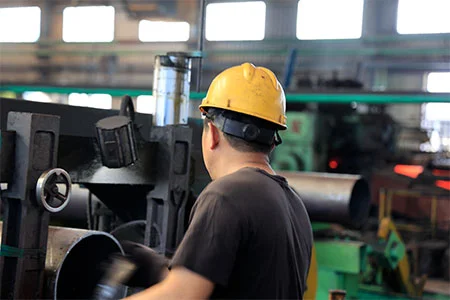Welcome to My Blog!
Before we dive into the content, I’d love for you to join me on my social media platforms where I share more insights, engage with the community, and post updates. Here’s how you can connect with me:
Facebook:https://www.facebook.com/profile.php?id=61559060896490
Now, let’s get started on our journey together. I hope you find the content here insightful, engaging, and valuable.
Introduction
The industrial sector relies heavily on the use of durable, versatile, and corrosion-resistant materials. Among these, stainless steel pipe has become one of the most popular choices for a wide range of industrial applications. Known for its exceptional durability, corrosion resistance, and reliability under extreme conditions, stainless steel pipe is an essential component across industries such as construction, oil and gas, food processing, and manufacturing.
This comprehensive guide will explore the key aspects of stainless steel pipe, its advantages, applications, and how it supports industrial efficiency. Whether you’re constructing new infrastructure, managing supply chains, or maintaining fluid systems, understanding stainless steel pipe is critical for making informed decisions.
Properties of Stainless Steel Pipe


Corrosion Resistance
One of the most notable characteristics of stainless steel pipe is its superior resistance to rust and corrosion. This makes it the preferred choice in industries exposed to moisture, chemicals, or other environmental stressors.
High Strength and Durability
The high tensile strength of stainless steel pipe allows it to withstand extreme pressure and temperature without cracking or deforming.
Heat Resistance
With excellent heat resistance, stainless steel pipe maintains its structural integrity even in high-temperature environments.
Hygienic and Easy to Clean
Another unique feature is its hygienic properties. This is particularly important for industries such as food and beverage production, medical facilities, and pharmaceuticals. Stainless steel is easy to clean, which minimizes contamination risks.
Versatility
Due to its ability to adapt to different environmental demands and design flexibility, stainless steel pipe is suitable for a wide variety of industrial purposes.
Common Applications of Stainless Steel Pipe
Oil and Gas Industry
The oil and gas sector uses stainless steel pipe for drilling, extraction, and refining processes due to its ability to resist corrosion in harsh conditions.
Food Processing Industry
The food processing industry relies on stainless steel pipe because it maintains sanitary conditions and is resistant to contamination from liquids, oils, and other food-grade substances.
Pharmaceutical Industry
The pharmaceutical industry prioritizes precision, cleanliness, and hygiene, making stainless steel pipe ideal for transporting chemicals, medicines, and other sensitive liquids.
Water Treatment Facilities
With its corrosion resistance, stainless steel pipe is widely used in water filtration and treatment plants. It ensures that the water remains uncontaminated while maintaining system durability.
Construction Industry
Modern construction projects use stainless steel pipe for structural purposes and as a reliable material for HVAC systems, piping, and drainage systems.
Marine Applications
The marine environment is highly corrosive due to saltwater. Stainless steel pipe offers a solution for marine applications by resisting saltwater corrosion and maintaining structural integrity over time.
Advantages of Using Stainless Steel Pipe
- SMLS STEEL PIPE7 products
- SSAW STEEL PIPE1 product
Exceptional Corrosion Resistance
Corrosion can lead to system failures, leaks, and costly repairs. Stainless steel pipe prevents these risks by offering unmatched corrosion resistance.
Long Service Life
Due to its strength and resistance to environmental stressors, stainless steel pipe has a significantly longer lifespan compared to other materials.
Easy to Fabricate
Fabrication of stainless steel pipe is straightforward due to its versatility, making it easier to transport and adapt for various industrial needs.
Minimal Maintenance Requirements
With its long lifespan and resistance to rust and other forms of wear, stainless steel pipe requires minimal upkeep. This translates into lower costs over time.
Sustainable and Recyclable
Sustainability is a key consideration in modern industries. Stainless steel pipe is recyclable, reducing waste and supporting environmental protection.
Comparison of Stainless Steel Pipe Types
The following table highlights different types of stainless steel pipe and their common uses in various industrial applications:
| Type of Stainless Steel Pipe | Common Applications | Key Characteristics |
|---|---|---|
| Seamless Stainless Steel Pipe | Oil and gas, food processing, water treatment | No welded seams, strong under pressure |
| Welded Stainless Steel Pipe | Construction, HVAC systems, plumbing | Cost-effective, easy to install |
| Polished Stainless Steel Pipe | Pharmaceutical and food industries | Hygienic, easy to clean |
| Duplex Stainless Steel Pipe | Offshore drilling, chemical processing | Excellent corrosion and stress resistance |
| Super Austenitic Stainless Steel Pipe | Nuclear power plants, extreme environments | Superior resistance to corrosion and heat |
How to Choose the Right Stainless Steel Pipe
Selecting the correct stainless steel pipe depends on several factors, including the application, environmental conditions, and budget. Here are key considerations:
Understand the Environment
Evaluate the environmental conditions, such as exposure to moisture, temperature fluctuations, or corrosive elements. For instance, marine environments might require duplex or super austenitic stainless steel pipe.
Determine Pressure and Load Requirements
Some industries require pipes to withstand extremely high pressures. Ensure you select a pipe with the appropriate pressure rating.
Choose the Right Grade
Stainless steel comes in a variety of grades. The most common ones are 304 and 316, but specialty environments may demand other types.
Assess the Required Longevity
Select a stainless steel pipe that matches your project’s long-term operational needs. Some industries prioritize long-lasting solutions, while others may focus on cost savings.
Evaluate Cost vs. Performance
While premium stainless steel pipe offers exceptional performance, it may come at a higher cost. Consider balancing cost and quality based on your project goals.
Maintenance Tips for Stainless Steel Pipe
Even though stainless steel pipe is known for its durability and low maintenance, regular inspections and proper care will extend its lifespan.
Regular Inspections
Check for any signs of wear, corrosion, or damage. Early detection can save costs and prevent system failures.
Proper Cleaning
Clean stainless steel pipe periodically using appropriate cleaning agents to maintain its hygiene and functionality.
Avoid Contamination
Contaminants can damage stainless steel pipe, especially in food or pharmaceutical applications. Ensure that pipe connections are sealed and free from debris.
Monitor for Blockages
Keep an eye on pressure changes or reduced flow rates, as they may indicate blockages in the pipe system.
Conclusion
Stainless steel pipe has proven itself as one of the most reliable materials for industrial applications, offering durability, versatility, and superior resistance to harsh environmental conditions. From the food processing industry to the pharmaceutical sector, marine applications, and construction, stainless steel pipe supports a variety of industries by providing efficient and long-lasting solutions.
Choosing the right type of stainless steel pipe requires careful consideration of environmental conditions, pressure requirements, and industry standards. With its wide variety of options and features, stainless steel pipe continues to lead the market as a superior solution for industrial projects.
When selecting a stainless steel pipe, always prioritize quality, performance, and proper maintenance to ensure optimal functionality and service life.
FAQ
What is the most common use of stainless steel pipe?
The most common applications of stainless steel pipe include oil and gas transportation, food processing, pharmaceuticals, water treatment, and construction.
Which type of stainless steel pipe offers the best corrosion resistance?
Duplex and super austenitic stainless steel pipe offer the best corrosion resistance, especially in extreme environments.
How can I maintain stainless steel pipe?
Regular inspections, proper cleaning, and monitoring for blockages can extend the life of stainless steel pipe.
What is the difference between seamless and welded stainless steel pipe?
Seamless stainless steel pipe has no welded joints, making it stronger under pressure, while welded pipes are cost-effective and easier to install.
Are stainless steel pipes recyclable?
Yes, stainless steel pipe is 100% recyclable, making it an environmentally friendly choice for industrial use.




